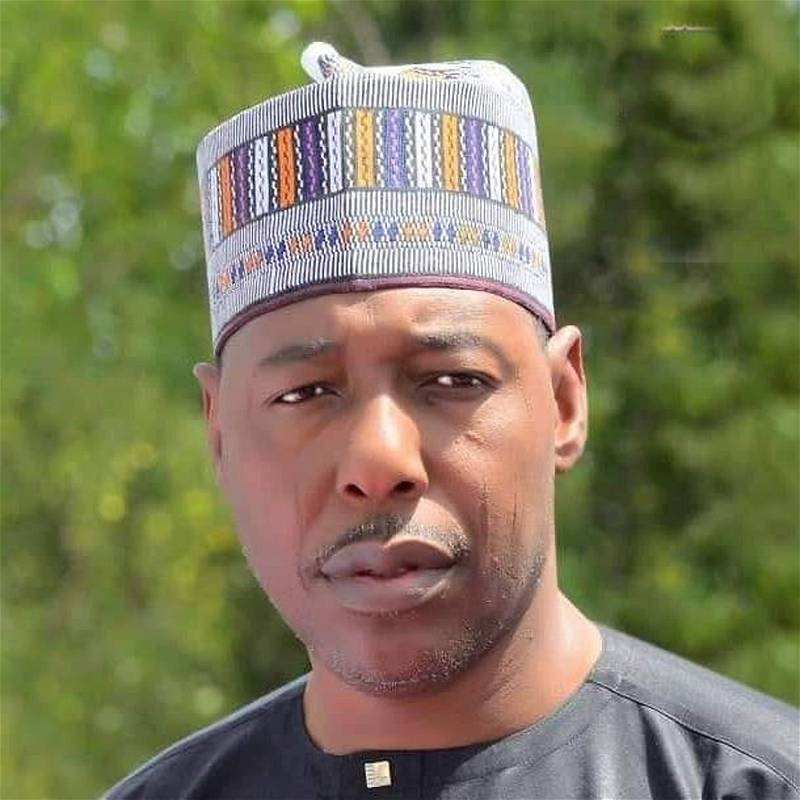 Publish What You Pay (PWYP) Nigeria has commended the UK Government on its adoption of the new EU Accounting Directive and the full implementation of the beneficial ownership regime under the Extractive industries Transparency Initiative (EITI).
Publish What You Pay (PWYP) Nigeria has commended the UK Government on its adoption of the new EU Accounting Directive and the full implementation of the beneficial ownership regime under the Extractive industries Transparency Initiative (EITI).
The UK is the first country to adopt the new directive through The Reports on Payments to Governments Regulations 2014 which enters into force today. It is also the first to fully implement beneficial ownership, which undeniably establishes the country as a global leader in the extractive industry scene. With these two policy initiatives the UK government has demonstrated a high level of commitment towards the issue of transparency and accountability in the extractive sector.
The London Stock Exchange covers 14% of the world’s extractive capital in terms of the companies involved in the extractive sector. The UK is also home to many of the world’s large extractive companies such as BP, Royal Dutch Shell, Rio Tinto and Anglo American, some of which are major players in Nigeria’s extractive sector.
By adopting the new EU directive, the UK government has now made it mandatory for extractive and logging companies registered in the UK or listed in the London Stock Exchange to publish a project-by-project report of payments of more than £85,000 made to the government of the countries where they operate, including taxes, royalties, and licence fees. In a related vein, by committing to fully implement the beneficial ownership requirement under the new EITI standards, the UK government will now publicize the beneficial owners of companies which bid for, operate and/or invest in the extractive industries.
Civil Society activists in Nigeria have applauded this development. Ledum Mitee, Chairman of Nigeria Extractive Industries Transparency Initiative (NEITI) and former President of Movement for the Survival of Ogoni People (MOSOP) said: “This is a step in the right direction as Nigeria will rely on the data supplied through project-by-project reporting for proper accountability and transparency in the extractive industry”. He further congratulated the UK government for its commitment to implement full beneficial ownership under the EITI standard. “This will guarantee access to very important information for the work we do and to the benefit of our people” he said.
According to Faith Nwadishi, PWYP Nigeria Coordinator, “These initiatives will equip citizens with more information with which they can hold both governments and companies to account for the management of our natural resource wealth as well as provide safeguards against corruption. This indeed marks an important step forward in the drive towards translating Nigeria’s extractive wealth into better living standards for its citizens.
“We call on the Nigerian government to adopt accounting rules similar to the EU Accounting Directive to further drive home the message of transparency and accountability to extractive companies operating in the country”.
PWYP Nigeria also noted that although Nigeria is one of the 12 countries that agreed to pilot implementation of beneficial ownership last year, the implementation has been pegged at corporate ownership only. The campaign therefore urged the Nigerian government to follow the lead of the UK and fully implement beneficial ownership in line with the new EITI standards by incorporating the requirement in the Petroleum Industries Bill (PIB) currently before the National Assembly. It also called on the US government and the American Petroleum Institute (API) to remove all the stumbling blocks associated with the implementation of Dodd Frank’s Section 1504 law so that citizens of resource rich countries like Nigeria can be further empowered hold their governments accountable for the utilisation of their natural resource common wealth.
According to Mitee, “There is a clear need for Nigeria to firm up and extend implementation to enhance our global anti-corruption rating, institutionalise transparency and accountability in governance and make our natural resource wealth work for the benefit of our citizens”.



